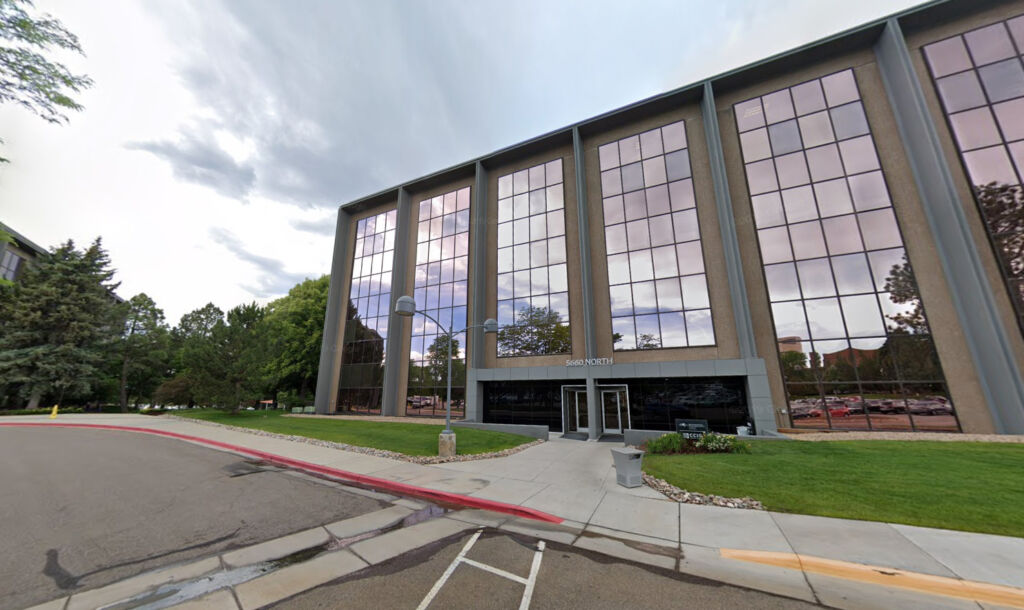Child Custody Lawyers in Denver, Colorado

How Child Custody Works in Colorado:
In cases of a divorce or separation where children are involved, there are two main elements that most people are aware of: Child custody and child support. These are two separate areas of negotiation during divorce or separation proceedings, and our child custody lawyers have the experience necessary to reach a fair agreement for you and your family.
Child Custody
Child custody is the amount of time your child will live with you. This is based on multiple factors and a joint-decision process from both parents. There are more details on how the courts make child custody decisions listed below.
Child Support
Child support is the amount of money your partner needs to pay you (or you need to pay your partner) to support your child’s needs. This is based on how much each partner makes per month and annual gross factoring in deductions and monthly expenses.
In the state of Colorado, the allocation of parent custody is broken into the two issues of “Decision Making” and “Parenting Time”. These refer to the parental responsibilities that will be awarded to each parent (which includes child support), and the decisions regarding where the child or children will spend their time (or child custody).
Common Law Marriage is also recognized in the state of Colorado, which means that even couples who have not legally married are considered a married couple in the eyes of the court. This factors into the child custody case, and can also create a separate issue of maintenance commonly known as “alimony” that must be agreed upon in the case of separation.
How Courts Make Child Custody Decisions
When a child custody case is taken to court, there are several factors that influence the Judge’s decision. Our child custody lawyers will be right by your side to make sure that your case is handled properly and we achieve the best possible outcome for your children.
- The wishes of the child if he or she is sufficiently mature to express reasoned and independent preferences as to the parenting time schedule;
- The interaction and interrelationship of the child with his or her parents, his or her siblings, and any other person who may significantly affect the child’s best interests;
- The child’s adjustment to his or her home, school, and community;
- The mental and physical health of all individuals involved, except that a disability alone shall not be a basis to deny or restrict parenting time;
- The ability of the parties to encourage the sharing of love, affection, and contact between the child and the other party;
- Whether the past pattern of involvement of the parties with the child reflects a system of values, time commitment, and mutual support;
- The physical proximity of the parties to each other as this relates to the practical considerations of parenting time;
- Whether one of the parties has been a perpetrator of child abuse or neglect under section 18-6-401, C.R.S., or under the law of any state, which factor shall be supported by credible evidence;
- The ability of each party to place the needs of the child ahead of his or her own needs.
- The court, upon the motion of either party or its own motion, shall allocate the decision-making responsibilities between the parties based upon the best interests of the child.
- Credible evidence of the ability of the parties to cooperate and to make decisions jointly;
- Whether the past pattern of involvement of the parties with the child reflects a system of values, time commitment, and mutual support that would indicate an ability as mutual decision-makers to provide a positive and nourishing relationship with the child;
- Whether an allocation of mutual decision-making responsibility on any one or a number of issues will promote more frequent or continuing contact between the child and each of the parties;
- In the event of a medical emergency, either party shall be allowed to obtain necessary medical treatment for the minor child or children without being in violation of the order allocating decision-making responsibility or in contempt of court.
- In order to implement an order allocating parental responsibilities, both parties may submit a parenting plan or plans for the court’s approval that shall address both parenting time and the allocation of decision-making responsibilities. If no parenting plan is submitted or if the court does not approve a submitted parenting plan, the court, on its own motion, shall formulate a parenting plan that shall address parenting time and the allocation of decision-making responsibilities.
- Whether one of the parties has been a perpetrator of child abuse or neglect under section 18-6-401, C.R.S., or under the law of any state, which factor shall be supported by credible evidence. If the court makes a finding of fact that one of the parties has been a perpetrator of child abuse or neglect, then it shall not be in the best interests of the child to allocate mutual decision-making with respect to any issue over the objection of the other party or the legal representative of the child.
- If a party is absent or leaves home because of an act or threatened act of domestic violence committed by the other party, such absence or leaving shall not be a factor in determining the best interests of the child.

